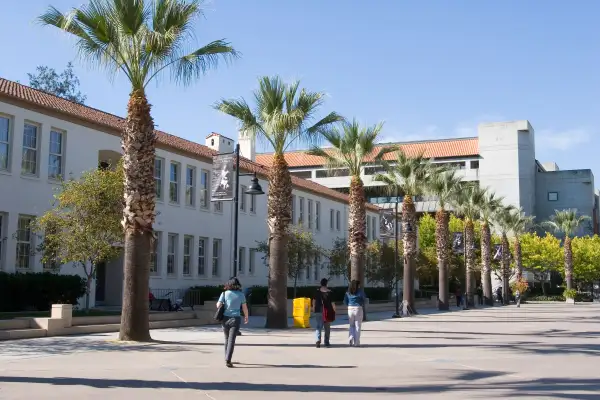4 Ways To Spend One Less Semester in College—and Save

In all the paperwork sent by colleges in those fat acceptance envelopes mailed out in the spring, one distressing fact is typically being left out: You’re probably going to pay at least one extra semester’s worth of tuition.
If past trends continue, only about 40% of the freshmen who start at a four-year college this fall will earn their bachelor's in four years, according to the U.S. Department of Education.
Another 15% will take five years. A few more stragglers will need six years or more, while 41% percent of freshmen won’t ever earn a bachelor’s degree. Overall, the average student who does graduate takes 4.4 years to earn a degree.
That means the typical student is paying for one extra semester of school, since about two-thirds of the students who need extra time are taking courses full-time and paying full tuition all the way through, according to analyses by Judith Scott-Clayton, an economist at Teachers’ College, Columbia University.
But Scott-Clayton and other experts say there are four things you can do to reduce the odds that you'll have to pay for more than four years of college.
1. Bank credits in high school. Peter Van Buskirk, a former dean of admissions at Franklin & Marshall who now runs the Best College Fit private consulting firm, urges students to earn early college credits and perhaps place out of some requirements by taking advanced placement tests in high school. Once you've exhausted all your opportunities at your high school, another option is to enroll in other college credit courses, such as community college or online classes.
2. Take a full load at college. Part of the problem is that the federal government classifies 12 credits a semester and above as “full-time attendance,” says Scott-Clayton. So lots of students think taking 12 credits is sufficient.
But at that rate you'll need 10 semesters (five years) to earn the standard 120-credit requirement for a bachelor’s. Your first college math lesson: The only way to earn 120 credits in four years is to earn at least 30 per year, which means 15 per semester.
4. Test your major early. Take courses and internships related to your major in freshman and sophomore years so you can quickly find out if you want to switch.
Switching majors in junior and senior year is a common cause of graduation delays, says Jim Briggs, a founder of Reducing College Costs, a private financial aid consulting firm. “If you change your major and there are prerequisites that are only offered once in a year, you might be out of luck,” Briggs explains.
4. Find a college that's on your side. Choose a college that has a track record of helping students finish on time. Students at public colleges that have been hit hard by budget cuts and overcrowding, such as many campuses of the California State University system, often can’t get into the courses they need to finish their degree. At several CSU campuses, such as San Jose State University, students have almost no chance of finishing on time. Only 8% of full-time entering SJSU freshmen earn their degrees in four years, and the average student needs slightly more than five years.
But even some expensive private colleges, such as the Brooklyn campus of Long Island University, report very low four-year graduation rates.
You can look up your college’s four-year graduation rate on the U.S. Department of Education’s College Navigator website. And check out Money's list of the 50 private colleges and 25 public colleges most likely to get you to graduation in four years.